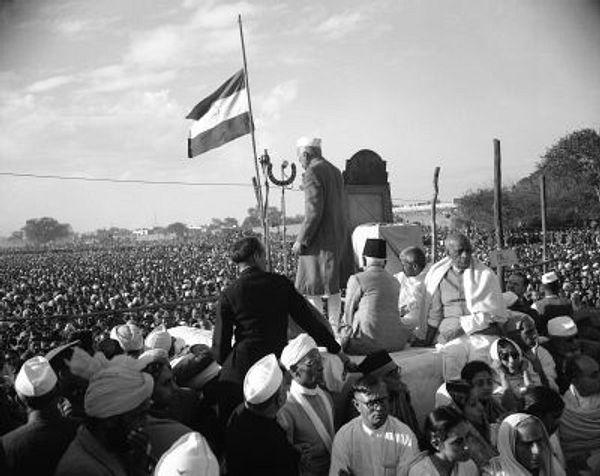

History could have been kinder to him had he not hung onto power that long, had he abdicated the throne by, say, 1958.

The year 1958 was a watershed period for Nehru. So much so that even Shashi Tharoor, a Nehru admirer otherwise who would later join the Congress under the leadership of one of the lesser Gandhis, wrote in his 2003 book, Nehru: The Invention of India: “Nearly four decades after Nehru’s death, the consensus he constructed has frayed: Democracy endures, secularism is besieged, non-alignment is all but forgotten, and socialism barely clings on.”įorget small changes by NCERT, liberals are preparing a dangerous new radical version of history Karnataka Elections 2023: Why Rajiv Gandhi, Veerendra Patil and a three-decade incident surface in BJP vs Congress Kashmir, China, Tibet, Pseudo-Secularism, Socialism, Diplomacy… You name it, and Nehru invariably appears to be a cautionary tale on how not to run a country. He became associated with almost all things wrong that happened - and could have happened - in independent India. Ironically, the last six years of his life not just made Nehru behave like an average mortal but also turned him into one of the most tragic personalities in post-Independence India. Nehru reasoned, saying he had reached this number based on the average age of men in his family! Be that as it may, the fact is Nehru, like his daughter, was thinking about death a few years before he died. And here, wondered Mathai, as he recalled in his memoirs My Days with Nehru, if the prime minister had finally succumbed to astrology.

Nehru had famously snubbed Rajendra Prasad for his suggestion to delay the declaration of the Republic on 26 January on astrological grounds. One morning in 1958, he told his private secretary, MO Mathai, that he would die at the age of 74. Nehru’s premonition was even more striking. Every drop of my blood… will contribute to the growth of this nation and to make it strong and dynamic.” As fate would have it, her last speech, a day before her death on 30 October 1984, was: “Even if I died in the service of the nation, I would be proud of it.

They sensed the presence of death even when they were alive! Indira Gandhi would talk about death and dying months before she was brutally assassinated by her own bodyguards. There’s something unique about the Nehrus and the Gandhis at least the colossus among them - Jawaharlal Nehru and his daughter Indira Gandhi.


 0 kommentar(er)
0 kommentar(er)
